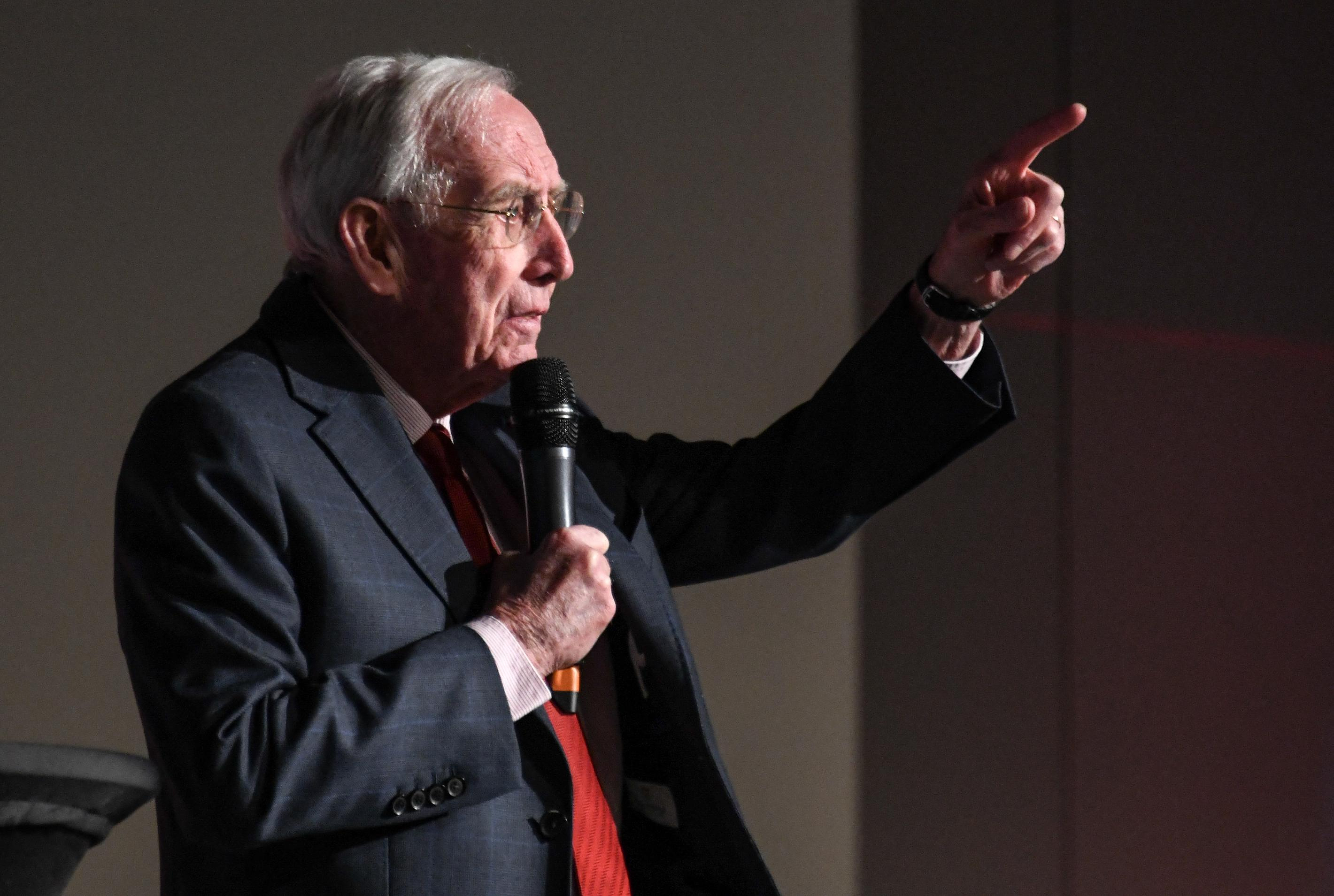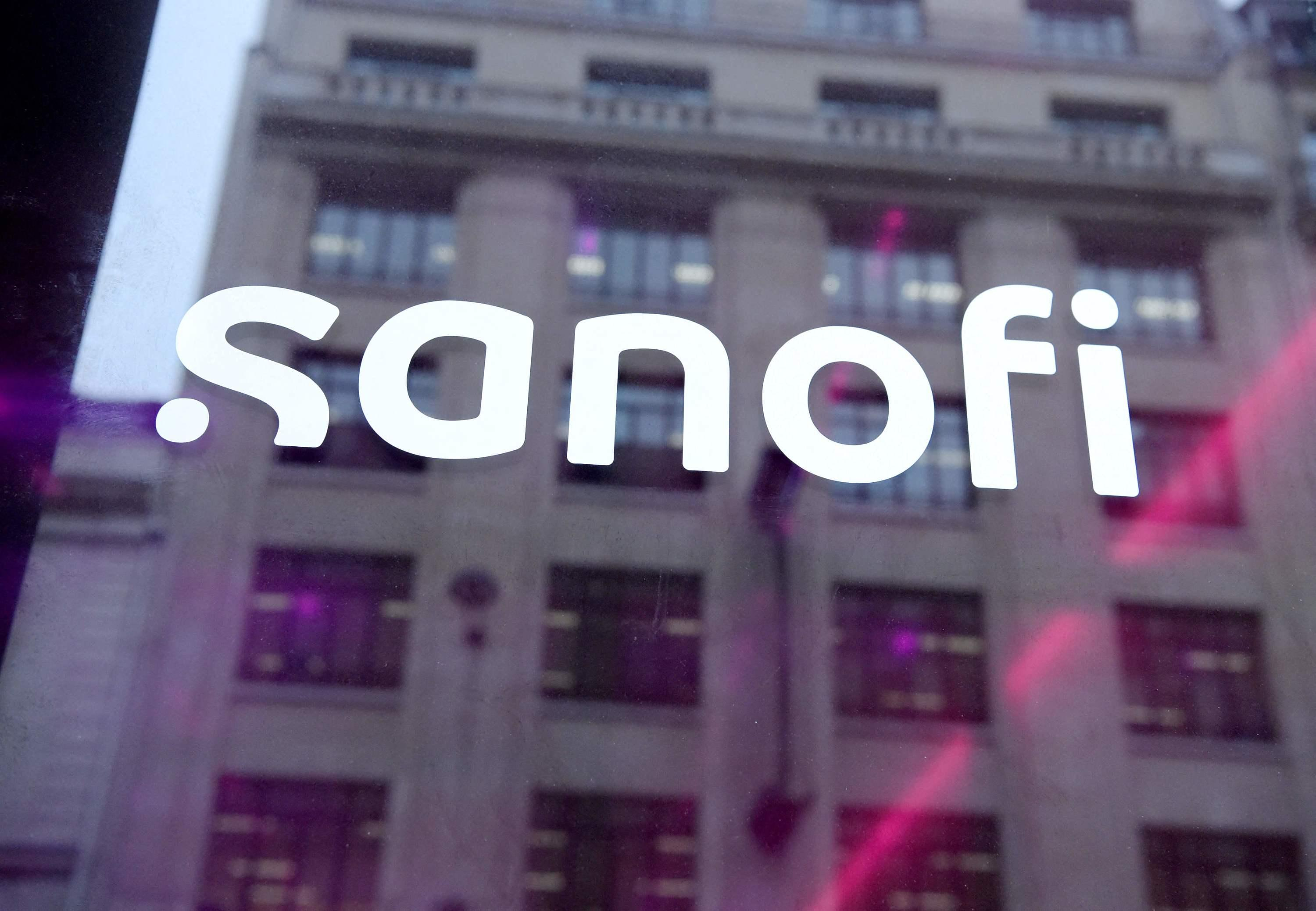On July 8, four men armed with grenades and automatic weapons burst into police station number 16 in the city of Zāhedān, capital of the Iranian region of Sistan-and-Baluchistan, and killed two police officers. The assailants also die instantly. The extremist organization Jaish ul-Adl claimed responsibility for the attack, saying in a statement that the targeting of this place was not trivial. The police station symbolizes, according to Jaish ul-Adl, the Iranian regime's violence and impunity towards the people.
The group refers to the tragic "Black Friday", a massacre that took place in the city on September 30, 2022, two weeks after Mahsa Amini, a young Kurdish woman, was killed by morality police in Tehran. The country was then in turmoil, with major demonstrations - strongly repressed - enamelling several Iranian cities.
On the day of "Black Friday", in a sermon that has remained famous, the imam of the great mosque of Zāhedān denounces the immunity which a police officer in the province would benefit from, accused of having raped and tortured a 15-year-old Baluch girl . After the prayer, some of the faithful went to police station 16 of the city, chanting slogans against the regime and asking that the officer be punished. The soldiers fire on the crowd, killing at least 98 people.
The violence of this massacre, like the massive repression in the rest of the country, did not calm opposition to the Tehran regime in this marginalized province, marked by poverty and unemployment. Sistan-and-Baluchistan is even, today, the last region where the people still dare to challenge power in the streets. In Zāhedān, Friday sermons have become political rallies, weekly meetings where the authorities are criticized. They are followed by protests, regularly suppressed in blood.
“During these demonstrations, processions of women quickly appeared, a very unusual fact in Sistan-Baluchistan,” notes Stéphane Dudoignon, CNRS researcher and connoisseur of the region. The city is mainly populated by the Baluchis, a discriminated minority, but also very conservative. In addition to street massacres, there are public executions. According to the NGO Iran Human Rights, Sistan and Balochistan is the province where the Iranian authorities carry out the most executions: 109 in 2022, or almost 20% of all those recorded in Iran.
The man who gives the Friday sermon and stirs up the resolve of anti-regime worshipers is an atypical figure on the Iranian political spectrum. Molavi Abdolhamid is the leader of Sunni Muslims in Iran, to whom the Baluchis claim to belong. In his speeches, he denounces the discrimination suffered by women and religious minorities (including the Sunnis) in this country where Shiism has been the state religion since the 16th century, criticizes the repression, the execution of demonstrators and even the instrumentalization of religion by the Iranian regime.
Imam of the great mosque of Zāhedān, he has been since his "Black Friday" speech one of the main figures to dare to criticize the repression of the regime... Although "he has never opposed the existence of Islamic Republic, and moreover explicitly advocated, even after the death of Mahsa Amini, the compulsory wearing of the veil, although he has spoken less about it since last winter,” recalls Stéphane Dudoignon. Confidential documents, made public by a hack of the Black Reward hacker group, reveal that Ali Khamenei, the country's supreme leader, fears that officially attacking the imam "will again anger Sunnis and cause them to descend into the street ".
But three weeks ago, according to the independent Baloch media Haal Vsh, the imam escaped an assassination attempt, the sponsor of which would be in direct contact with the Iranian army. Tensions have been escalating ever since. Molavi Abdolamid has been denied the right of pilgrimage to Mecca, his grandson has been arrested, and the state media constantly attacks him. From now on in Zāhedān, each speech of the imam can ignite the city, even the region.

 Poland, big winner of European enlargement
Poland, big winner of European enlargement In Israel, step-by-step negotiations for a ceasefire in the Gaza Strip
In Israel, step-by-step negotiations for a ceasefire in the Gaza Strip BBVA ADRs fall almost 2% on Wall Street
BBVA ADRs fall almost 2% on Wall Street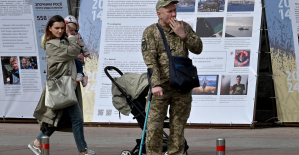 Ukraine has lost 10 million inhabitants since 2001... and could lose as many by 2050
Ukraine has lost 10 million inhabitants since 2001... and could lose as many by 2050 Sánchez cancels his agenda and considers resigning: "I need to stop and reflect"
Sánchez cancels his agenda and considers resigning: "I need to stop and reflect" The Federal Committee of the PSOE interrupts the event to take to the streets with the militants
The Federal Committee of the PSOE interrupts the event to take to the streets with the militants Repsol: "We want to lead generative AI to guarantee its benefits and avoid risks"
Repsol: "We want to lead generative AI to guarantee its benefits and avoid risks" Osteoarthritis: an innovation to improve its management
Osteoarthritis: an innovation to improve its management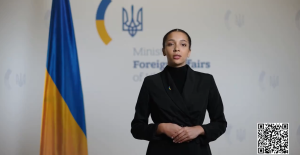 Ukraine gets a spokesperson generated by artificial intelligence
Ukraine gets a spokesperson generated by artificial intelligence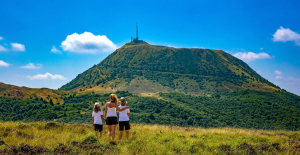 The French will take advantage of the May bridges to explore France
The French will take advantage of the May bridges to explore France Organic flour contaminated by a recalled toxic plant
Organic flour contaminated by a recalled toxic plant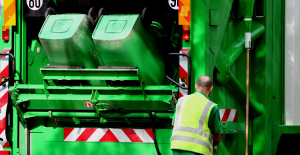 2024 Olympics: Parisian garbage collectors have filed a strike notice
2024 Olympics: Parisian garbage collectors have filed a strike notice Death of Paul Auster: Actes Sud says he is “lucky” to have been his publisher in France
Death of Paul Auster: Actes Sud says he is “lucky” to have been his publisher in France Lang Lang, the most French of Chinese pianists
Lang Lang, the most French of Chinese pianists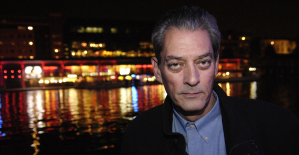 Author of the “New York Trilogy”, American novelist Paul Auster has died at the age of 77
Author of the “New York Trilogy”, American novelist Paul Auster has died at the age of 77 To the End of the World, The Stolen Painting, Border Line... Films to watch this week
To the End of the World, The Stolen Painting, Border Line... Films to watch this week Omoda 7, another Chinese car that could be manufactured in Spain
Omoda 7, another Chinese car that could be manufactured in Spain BYD chooses CA Auto Bank as financial partner in Spain
BYD chooses CA Auto Bank as financial partner in Spain Tesla and Baidu sign key agreement to boost development of autonomous driving
Tesla and Baidu sign key agreement to boost development of autonomous driving Skoda Kodiaq 2024: a 'beast' plug-in hybrid SUV
Skoda Kodiaq 2024: a 'beast' plug-in hybrid SUV The home mortgage firm rises 3.8% in February and the average interest moderates to 3.33%
The home mortgage firm rises 3.8% in February and the average interest moderates to 3.33% This is how housing prices have changed in Spain in the last decade
This is how housing prices have changed in Spain in the last decade The home mortgage firm drops 10% in January and interest soars to 3.46%
The home mortgage firm drops 10% in January and interest soars to 3.46% The jewel of the Rocío de Nagüeles urbanization: a dream villa in Marbella
The jewel of the Rocío de Nagüeles urbanization: a dream villa in Marbella Europeans: a senior official on the National Rally list
Europeans: a senior official on the National Rally list Blockade of Sciences Po: the right denounces a “drift”, the government charges the rebels
Blockade of Sciences Po: the right denounces a “drift”, the government charges the rebels Even on a mission for NATO, the Charles-de-Gaulle remains under French control, Lecornu responds to Mélenchon
Even on a mission for NATO, the Charles-de-Gaulle remains under French control, Lecornu responds to Mélenchon “Deadly Europe”, “economic decline”, immigration… What to remember from Emmanuel Macron’s speech at the Sorbonne
“Deadly Europe”, “economic decline”, immigration… What to remember from Emmanuel Macron’s speech at the Sorbonne These French cities that will boycott the World Cup in Qatar
These French cities that will boycott the World Cup in Qatar Top 14: Fijian hooker Narisia leaves Racing 92 and signs for Oyonnax
Top 14: Fijian hooker Narisia leaves Racing 92 and signs for Oyonnax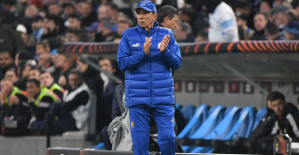 Europa League: Jean-Louis Gasset is “wary” of Atalanta, an “atypical team”
Europa League: Jean-Louis Gasset is “wary” of Atalanta, an “atypical team” Europa League: “I don’t believe it…”, Gasset jokes about Aubameyang’s age
Europa League: “I don’t believe it…”, Gasset jokes about Aubameyang’s age Foot: Rupture of the cruciate ligaments for Sergino Dest (PSV), absent until 2025
Foot: Rupture of the cruciate ligaments for Sergino Dest (PSV), absent until 2025





